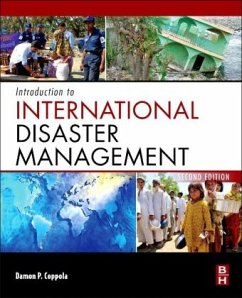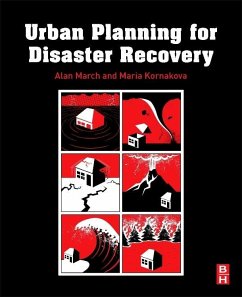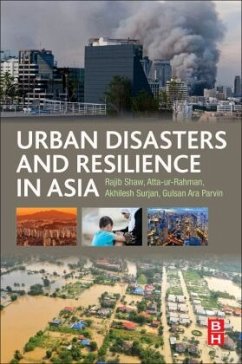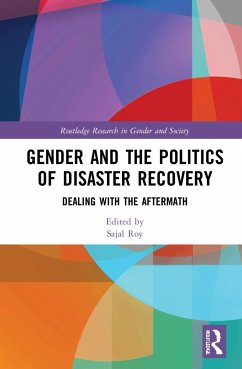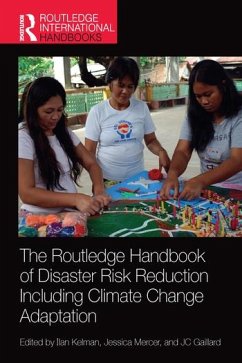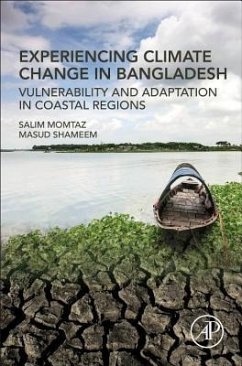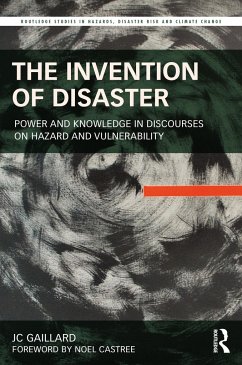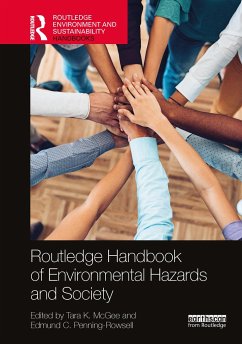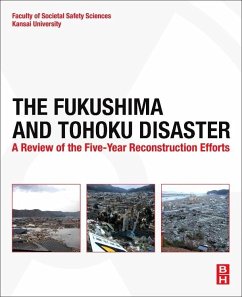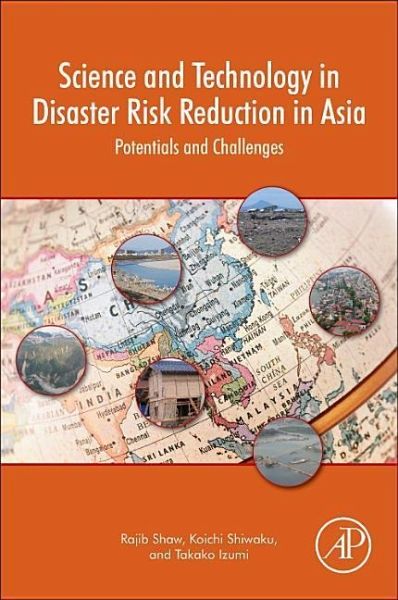
Science and Technology in Disaster Risk Reduction in Asia
Potentials and Challenges
Herausgegeben: Shaw, Rajib; Shiwaku, Koichi; Izumi, Takako

PAYBACK Punkte
40 °P sammeln!
Science and Technology in Disaster Risk Reduction in Asia: Potentials and Challenges provides both a local and global perspective on how to implement the Sendai Framework for Disaster Risk Reduction. Topics demonstrate the advancement of scientific research as it applies to early warning systems, including identifying risk and the strengthening of infrastructure for different types of hazards. Through different major disasters, it has become evident that there must be a balance between hard and soft technology and physical, process and social solutions. This book demonstrates how this has been...
Science and Technology in Disaster Risk Reduction in Asia: Potentials and Challenges provides both a local and global perspective on how to implement the Sendai Framework for Disaster Risk Reduction. Topics demonstrate the advancement of scientific research as it applies to early warning systems, including identifying risk and the strengthening of infrastructure for different types of hazards. Through different major disasters, it has become evident that there must be a balance between hard and soft technology and physical, process and social solutions. This book demonstrates how this has been successfully implemented in Asia, and how these applications can apply on a global basis.





